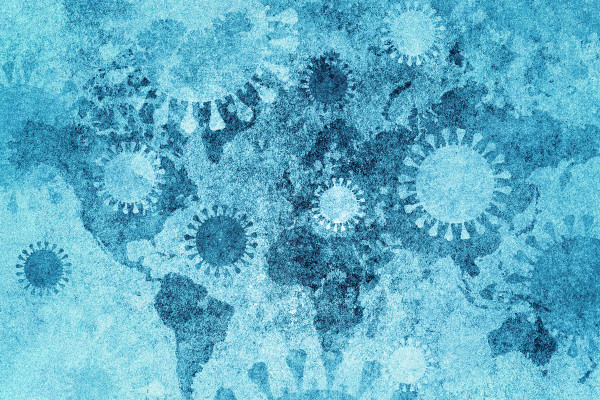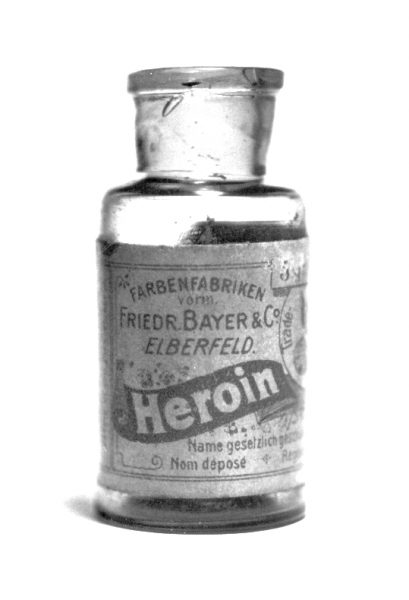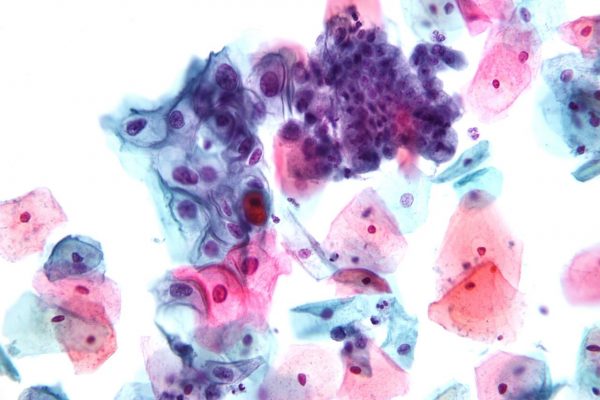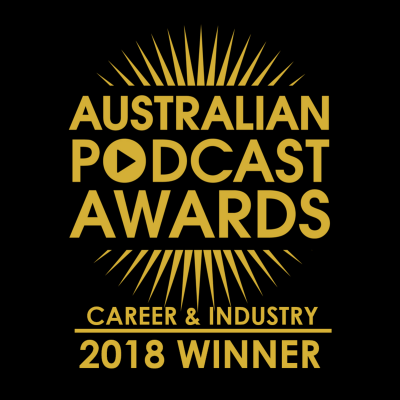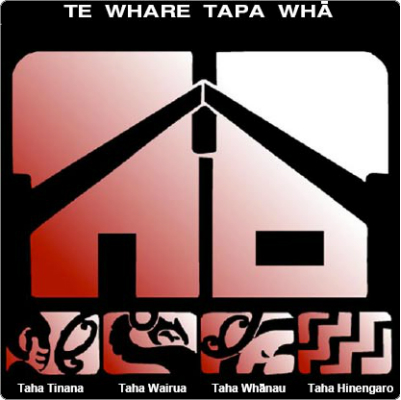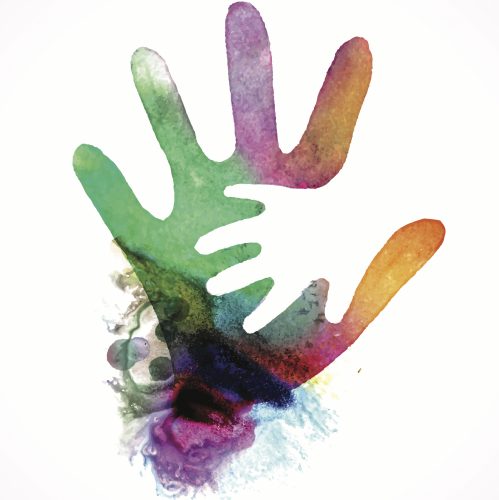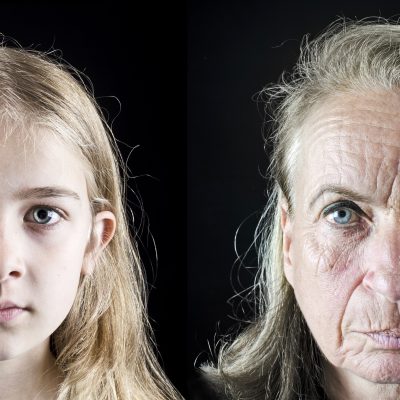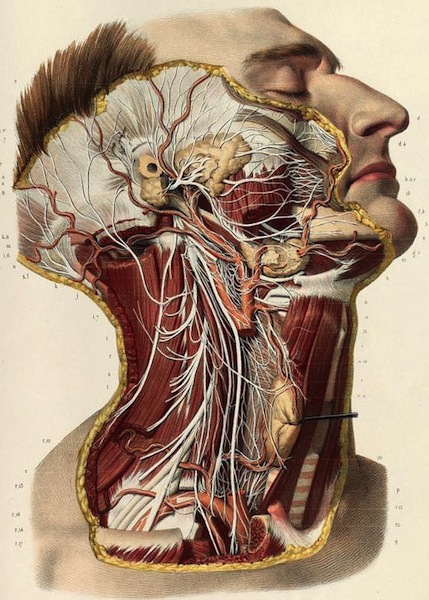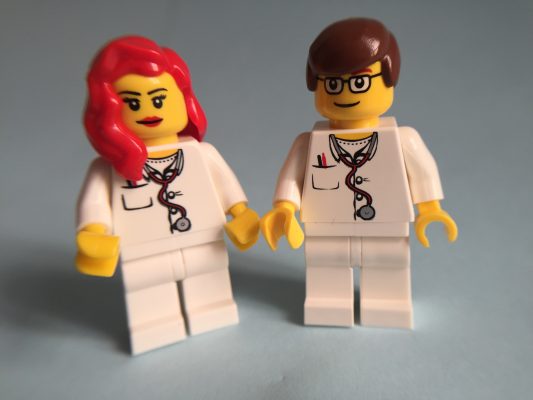Ep 70 of Pomegranate Health published in June 2021. Listen via any podcasting app or stream directly from the RACP website. **** Acute Kidney Injury makes a greater contribution to early mortality than acute myocardial infarction and it’s been argued we should consider the concept of “kidney attack” to give it the […]
Gendered Medicine- Pain
Ep 68 of Pomegranate Health published in March 2021. Listen via any podcasting app or stream directly from the RACP website. **** Gender can be considered a social determinant of health, in the different pressures and expectations it puts on women and men. For example, the taboos around menstruation are so […]
Gendered Medicine: Heart Disease
Cardiovascular disease is the leading cause of death for women in most of the industrialized world. Women who suffer from this die at significantly higher rates than men because of discrepancies in the quality of care they receive. In this episode we explore the subtle biases that nudge male and female patients down different health pathways.
The WHO’s greatest test
During the COVID-19 crisis there has been some criticism of the World Health Organisation as to whether it declared a pandemic soon enough or covered up for China’s failings. In this podcast we examine the role and responsibilities it shares with its member states and where the straining points have been.
Getting off the opioids
Australia and New Zealand have seen a fourfold increase in opioid use over the last thirty years. Most of this prescribing has been for chronic non-cancer pain, but there is little evidence to support this indication. In this podcast we’ll discuss some of the latest studies that provide evidence against the efficacy of opioid use for chronic non-cancer pain. We explain how to identify patients that have developed dependence on or addiction to opioids and how to wean them off this medication. And we describe an alternative approach to therapy that involves breaking maladaptive pain associations in the nervous system.
Cervical Screening–Less Is More
Pap testing has been one of the most successful public health interventions in history. But in Australia, that classic cytology test now plays second fiddle to HPV testing and New Zealand intends to follow suit by 2021. The most noticeable shift is that the interval between screens will now be five years rather than two. And women will enter the program at age 25 instead of 18. This episode will answer some questions that women and health professionals might have about the renewed cervical screening program.
The Value Proposition- Disruption in Healthcare
Digital disruption” is what happened to the taxi industry at the hands of Google Maps and Uber or to the music industry with the onslaught mp3 files and digital sharing platforms. Democratizing technology is changing delivery of healthcare too and the expectations of consumers. What is the role of physicians in this brave new world?
Ethical Dilemmas
As medicine becomes more sophisticated, ethical discussions about sustaining life become more common. What would you do?
A win for Pomegranate Health
Very honoured to have been awarded a trophy in the 2018 Australian Podcast Awards. There are many people to thank for the success of this project.
Systems in Medical Error
This episode takes a look at systems pressures that increase the likelihood of medical error, crystallised by the recent prosecution of NHS paediatrician Dr Hadiza Bawa-Garba.
Early Days for Medicinal Cannabis
Cannabis is a plant rich with potential therapeutic compounds and centuries of cultural resonance. However, only a few of the claimed medical effects of the plant have been proven by rigorous clinical trials in people. In this episode, we explain how important it is to separate the effect of various cannabinoids in a systematic way, and why well-regulated research and prescribing will be safer for patients.
Ngā Kaitiaki Hauora
Ngā Kaitiaki Hauroa translates as ‘guardians of health’ in the Teo Reo Māori language. This story discusses inequities in the delivery of care, indigenous rights to training, cultural competency for practitioners, and the implications of The Waitangi Tribunal for the health system.
Being Human
Figures about burnout, depression and suicide are often reported on in the health workforce. These rates are typically twofold higher than they are in the general population, and the World Medical Association has just updated the Physician’s Oath to make self-care a primary concern. This episode examines how the medical culture affects the individuals within it, and what can be changed for the better.
Dealing With Uncertainty
Uncertainty can be frightening for patients and doctors alike, but it’s an unavoidable fact of medicine in every specialty. In this two part story, we hear how doctors can navigate the grey areas of diagnosis and treatment, and maintain a patient’s faith throughout.
Social Medicine
It’s estimated that socioeconomic factors are responsible for half of a population’s health and wellbeing status. In comparison, medical services might determine only a quarter of health outcomes. Better targeting of social services and health resources is key to addressing this.
Managing autism in the ED
Patients with autism spectrum disorder (ASD) can present unique challenges for the emergency physician. As these patients often have trouble making sense of their own emotional and physical states, they can become very distressed when experiencing pain. Many are also limited in their language abilities, and therefore can’t communicate verbally what is wrong.
Genomics for the generalist
This is a two-part series looking at the place of genomics in clinical practice, and how a physician can hope to keep up with the pace of discovery and technological development. Sequencing the first human genome took 23 labs and 13 years, at a total cost of about 3 billion US dollars. Now a single laboratory can churn through a person’s DNA sequence in two weeks and new disease markers are being identified all the time.
Health, Disease and Death in the Early Colony
A history of health in the early Sydney colony over the 19th Century. From panic-inducing disease epidemics, to crude remedies and overcrowded cemeteries
Mind the (gender) gap
While more than half of all medical students and trainees are women, they make up only about 30 per cent of registered physicians. This episode of Pomegranate looks at gender equity in the medical profession.
Methamphetamine- Beyond the Hype
Crystal methamphetamine, or ice, has been sensationalised in the media over the past decade. This episode puts straight some of the facts and figures about ice use, and talks about the damaging stigma of the media narrative.


